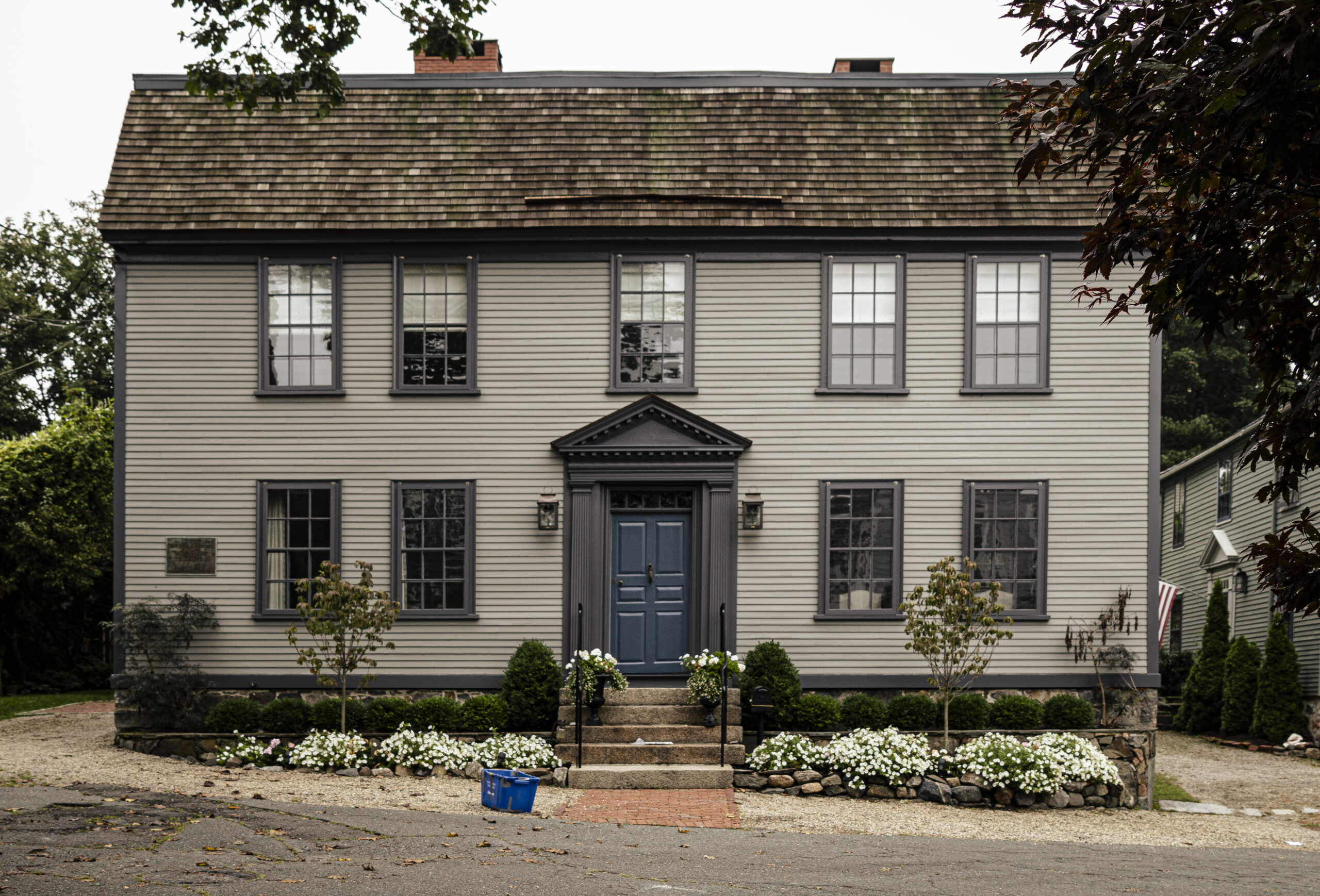Glover is a big name in Marblehead, in case you haven’t noticed. Something tells me you have, though.
While his name is plastered all over town, Gen. John Glover (1732-1797) was born in Salem. He moved to Marblehead when he was young and tried out many different professions, gaining wealth along the way. He climbed the ranks of the militia, eventually coming to prominence in 1772 as part of the Marblehead Committee of Correspondence.
According to a record from the National Register of Historic Places (NRHS), in April 1775 the Committee of Safety commissioned Glover to defend Marblehead from British espionage. Shortly after that, “the Provincial Congress commissioned Glover colonel of the 21st Regiment and stationed him at Marblehead until June, when he was ordered to Cambridge to join the main army there.”
Glover returned to the defense of Marblehead (and Beverly) after George Washington assumed command. He placed Glover in charge of “equipping and manning vessels for the service of the colonies,” and then sent him back to Marblehead and Beverly.
The general undertook many different military movements, so here are some of the most notable: Aug. 29 and 30, Glover and his men secretly transported 9,500 men and their equipment, “saving Washington’s army from certain capture and possibly saving the Revolutionary cause from a complete and final defeat,” according to NRHS. And on Christmas night 1776, he facilitated the transport of Washington’s troops across the Delaware River above Trenton.
Glover also had a brief stint in a legal profession when in 1780, while his troops were stationed in West Point, N.Y., he served as a member of the court that sentenced a British spy to death.
But all that boring stuff aside, here is what you really came here for: the house. Standing at 11 Glover Square and built in 1762, the house has that classic colonial feel — a flat front elevation with symmetry and an ornate, but not overly elaborate Georgian door surround.
NRHS records from 1969 state that the house had been altered since Glover lived there, but that it maintained historical integrity. The Massachusetts Cultural Resource Information System (MACRIS) records call the doorway “lovely.” I can agree.
I think the best thing to leave you with, other than perhaps a new understanding of who this Glover guy was, is a quote the MACRIS record attributes to Glover: “Love is in some measure so involuntary a passion, it cannot, it ought not be controlled.”

